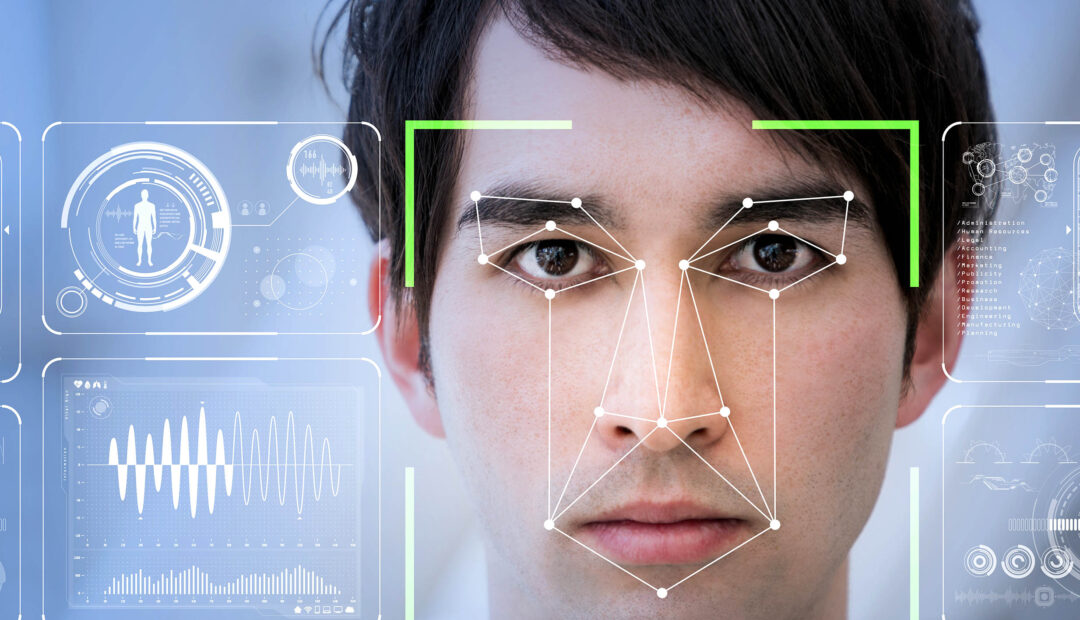New facial recognition technology is being tested at airports and airline headquarters around the world, and could be used when you board your next flight.
The New York Times reports facial recognition technology is being used in busy terminals at popular airports like New York City’s La Guardia. Kiosks fitted with iPads are taking photos of travelers’ faces and matching them to a photo from a government database.
Travelers who undergo this security check are not required to show a physical ID or a boarding pass to move through the airport, just their face.
Frequent travelers know that navigating an airport can be daunting, even if you’re a pro at making it through check-in, security and customs in a snap. The pure mass of people is intimidating and frustrating.
Airports like LaGuardia serve around 30 million passengers a year, and bigger airports like JFK serve around 75 million, so efficiency is key to maintaining a safe and smooth flow of people.
At LaGuardia, Delta Air Lines and the Transportation Security Administration are using facial recognition software known as Delta Digital ID. This software security check is only available to Delta SkyMiles members. This is only one of many new programs that intend to use biometric technology to make travel smoother.
According to NYT, biometric technology uses an “individual’s physical identifiers, like their face or their fingerprints,” to render an identity for security checks, and soon security screenings, luggage drops, and boarding will all replace boarding passes and IDs scans with facial recognition systems.
Though this may mean a better and swifter experience in the airport, some travelers may be concerned for their privacy. In recent years, facial recognition technology has been increasingly used by corporations to collect data on customers. NYT raises many questions about the ethics of using this technology. For example: “Would opting out be considered a red flag? What if your documents don’t match your current appearance?”
The use of this technology is rapidly increasing to manage border security in the U.S. and though the images screened for American citizens with these systems are deleted within “12 hours,” those of foreign nationals are “stored for up to 75 years.”
In other countries, this biometric scanning has already taken over the airline industry. “In China, 74 airports (86 percent of the country’s international airports) have biometric technology in place.” And some travelers can even use this technology to pay for items at duty-free shops.


